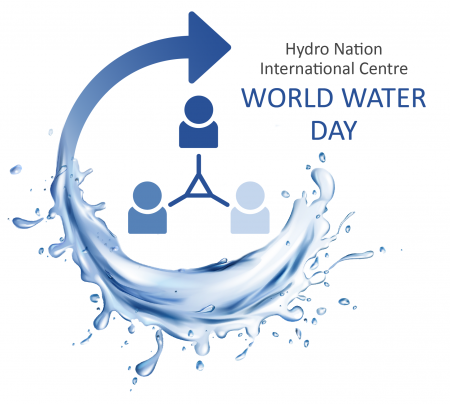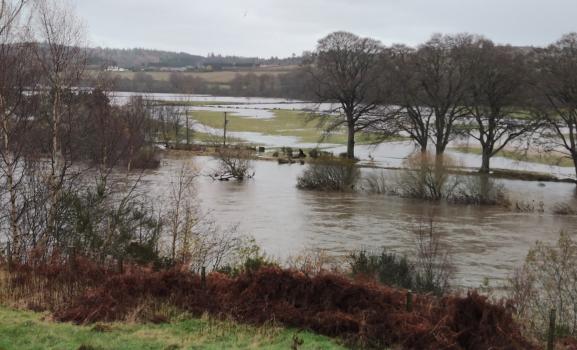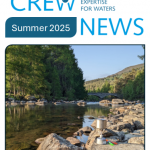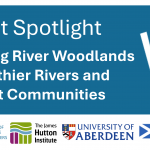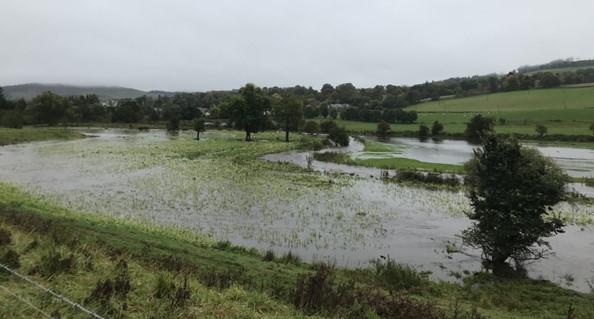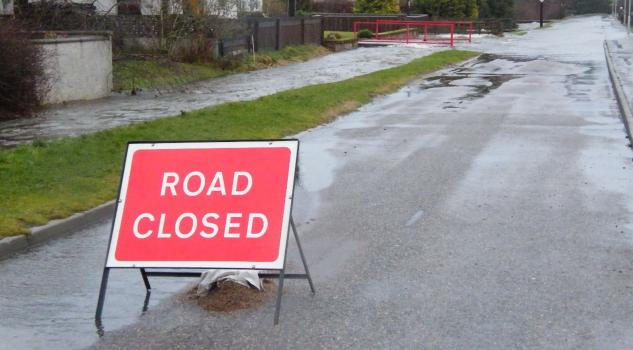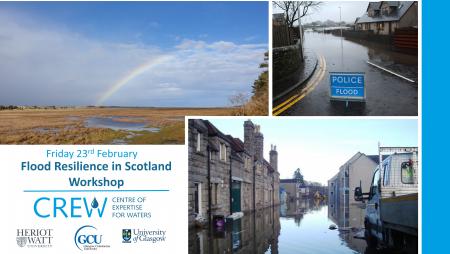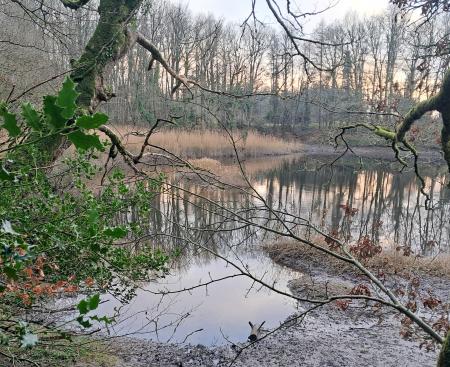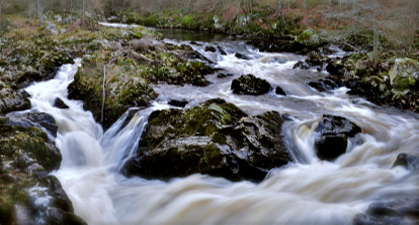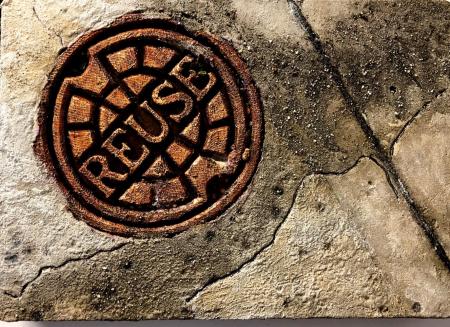
The article below has been provided to CREW by the report authors: Dominic Duckett, Mads Troldborg, Sarah Hendry, Hubert Cousins
Talk to a Scot about water reuse and you may encounter bewilderment. ‘We don’t need water recycling in Scotland: It rains all the time’! Indeed, the abundance of water in our natural environment coupled with high precipitation makes many people in Scotland and other ‘wet’ parts of the world, question the need for water efficiency. However, efficient use of our precious water is something that everyone ought to take seriously. Our new paper makes the case for greater water reuse here and now.
We are facing a Climate Emergency yet we use non-renewable energy to purify water beyond what is necessary for many uses. For example, we wastefully wash vehicles and water our gardens with water processed to drinking water standards. Furthermore, the provision of safe water is a process that requires significant investment in infrastructure to capture, treat, store and distribute it, all of which incur a carbon footprint. Ageing infrastructure and increasing demands combine to strengthen the argument for provisioning water efficiently and recycling it where appropriate not wasting it.
Hydronation scholar Hubert Cousin https://www.dundee.ac.uk/people/hubert-cousin is working to bring about the changes that we believe are necessary to make Scotland a world leader in this reuse endeavour. His research aims to identify barriers to the implementation of a water reuse policy in Scotland and promote solutions to overcome them.
Perhaps unsurprisingly, the wealth of water reuse research has concentrated around scarcity and/or rapid urbanisation contexts. There is nothing like water shortage to focus hearts and minds on alternative supply arrangements. Thankfully, desperately needed progress has been achieved in contexts of scarcity although huge global challenges remain. Less progress has been achieved in water rich contexts; a fact illustrated by the lack of change on the ground in countries like Scotland. Without the driving force of scarcity, no other catalyst has come close to incentivising water recycling to the same extent. To advance municipal scale reuse projects in locations where scarcity is not forcing the issue, for example here in Scotland, there is a need to predicate water reuse on different drivers, specifically the Climate Emergency (which Scotland was among the first nations to declare) and the circular economy. While alternative drivers remain relatively weak, barriers appear intractable preventing progress towards water recycling. The law around water incorporates complex regulatory frameworks often proving intransigent; Public trust in the safety and equity of reforms is easily eroded with operators not enjoying the confidence of end users; The so-called yuck factor describes an instinctive repugnance to the idea of using recycled water. These barriers are critically reviewed in the new paper. The battering ram of scarcity demolishes obstacles but without it much greater ingenuity and effort is required to mobilise reform.
Of course, there are growing scarcity concerns in Scotland with disruptions to supply occurring more frequently with extreme weather events and the changing climate. However, we argue, in our new paper (https://doi.org/10.1016/j.watres.2023.120965) , for new approaches and new arguments to be advanced making the case for recycling where scarcity is not an imperative. The notion of a ‘yum’ factor, whereby positive sentiments are nurtured to combat instinctive repugnance is advanced as a strategic objective to promote more rapid expansion of municipal scale reuse. We also welcome the Scottish Government’s water, wastewater and drainage policy consultation and hope our research can contribute to effective policy development.


